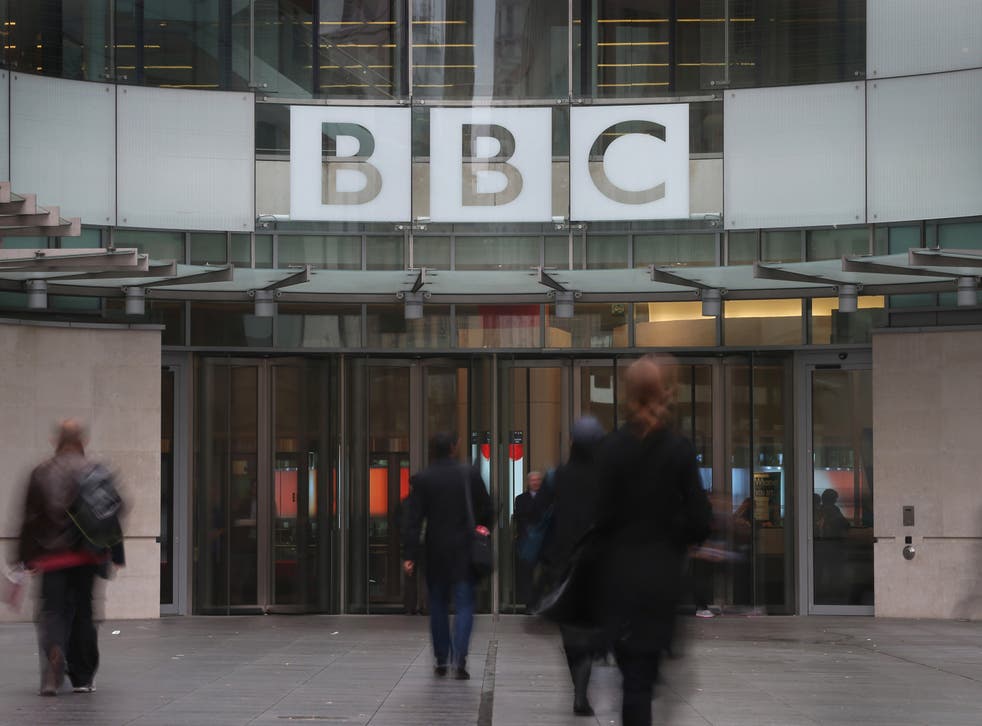The surveys conducted by the Income Tax Department at British Broadcasting Corporation (BBC) offices in Delhi and Mumbai for alleged tax evasion and irregularities have sparked debates and garnered public attention.
The move comes in the aftermath of the release of the documentary titled “India: The Modi Question,” which the Central government had earlier ordered to take down, citing reasons such as undermining India’s sovereignty and integrity, impacting friendly foreign relations, and affecting public order. The BBC’s full cooperation with the tax authorities and the Indian government’s approach towards media have also come under scrutiny.
Opposition leaders have criticised the government for targeting the BBC instead of investigating other vital issues. Former Jammu and Kashmir Chief Minister Mehbooba Mufti stated that this move is a warning for anyone who fights for the truth.

On the other hand, the ruling party has labelled the BBC the “most corrupt” corporation and accused it of propagating the opposition party’s agenda.
The surveys conducted by the Income Tax Department are permitted under the Income Tax Act. They are carried out to check alleged irregularities related to international taxation and tax deducted at source (TDS) transactions. The surveys took place during regular business hours, and officials examined documents such as books of accounts, bank accounts, cash, stock, and non-valuable documents.
As the surveys are still ongoing, the outcome and the impact of the move on the relationship between the government and the media remain to be seen.
What is BBC?
The British Broadcasting Corporation (BBC) is a public service broadcaster based in the United Kingdom. It was established in 1922 as a private company but was later nationalised in 1926. Since then, the BBC has become one of the largest media organisations in the world, with a global reach of over 300 million people across various platforms such as television, radio, and online media.

The British public primarily funds the BBC through a license fee, a mandatory annual payment made by households in the UK that own a television set. This allows the corporation to maintain its editorial independence and freedom from commercial and political influence.
The BBC has a reputation for its quality journalism, and its news and current affairs coverage is widely regarded as impartial and trustworthy. It provides coverage of national and international events, in-depth analysis, and investigative reporting. In addition to news, the BBC also offers a wide range of entertainment, educational, and cultural programming, including drama, documentaries, music, and sports coverage.











